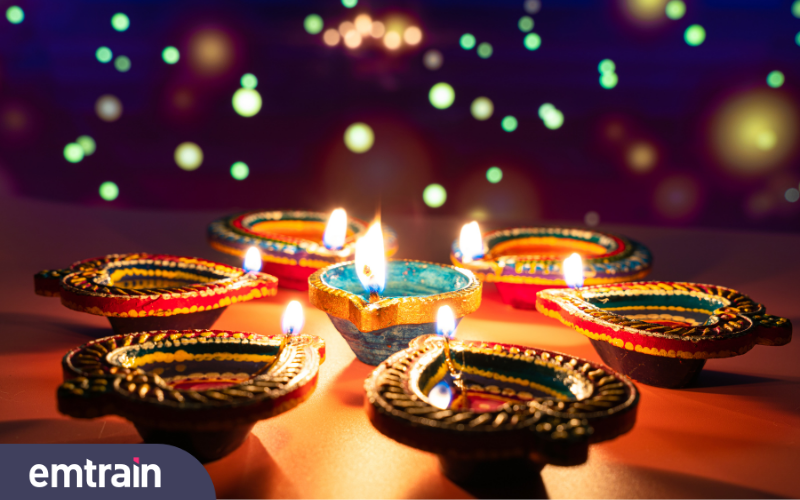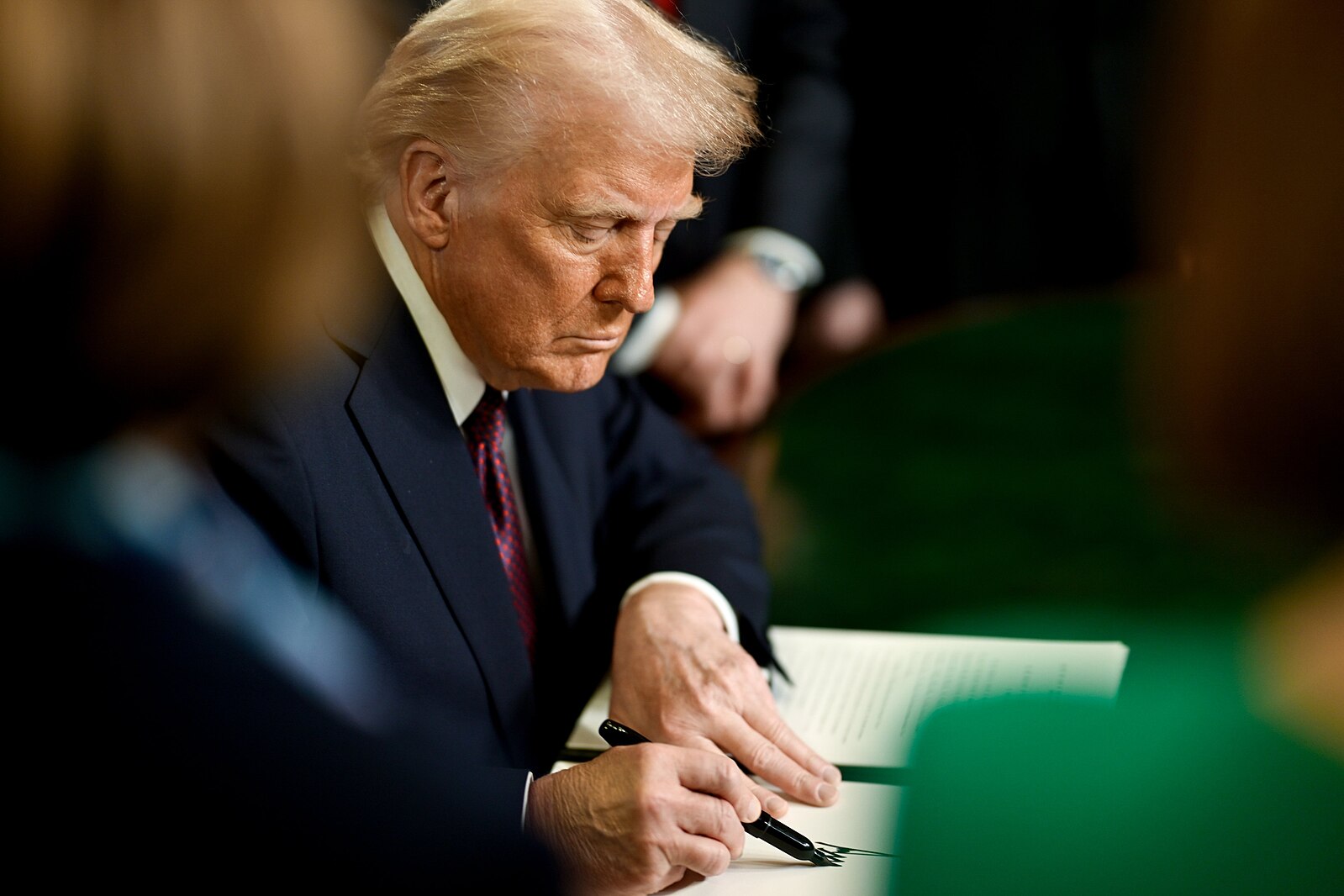There are many factors involved in creating a diverse and inclusive workplace for all employees. One important aspect is by recognizing and celebrating holidays of other cultures and religions. You’re showing that your company respects employees’ beliefs, making them feel accepted and welcomed. This allows for employees to feel more comfortable collaborating and sharing their ideas, leading to a more successful and productive team. An article by Gather puts it best in saying “a balance of perspectives leads to more innovation, 87% better decisions, and often prevents big mistakes.” In the end, DEI in the workplace creates a successful team.
What is Diwali?
Diwali, often referred to as the festival of lights, is the biggest and most important holiday in India, which is celebrated by over a billion people of different religions throughout the country. This holiday is meant to celebrate the triumph of good over evil and light over darkness. People observe this five-day joyous festival by decorating houses, shops, and streets with many lights and flowers, and joining in prayer, family gatherings, and festivities. To many Indians, Diwali marks a time to start fresh and to remove negativity from the past. The first two days are often spent cleaning and redecorating their homes, which symbolizes getting rid of the old. The third day is the main day of the holiday; people dress in extravagant, traditional clothing, families get together to feast, and fireworks go off in cities. In the evening, the Goddess of Wealth, Lakshmi, is worshipped by a ritual called Lakshmi Puja. The last two days are celebrated by exchanging gifts between families to show appreciation for one another.
The word Diwali comes from the Sanskrit word “Deepavali”, meaning row of lamps, which is why this holiday has been deemed as the festival of lights. This holiday goes back more than 2,500 years and holds extreme importance and brings pride for those who celebrate. The reason for celebrating Diwali is linked to different ancient stories and historical events, all to commemorate the same theme: good over evil. Hindus celebrate to honor the return of Prince Rama and his wife, Sita who defeated the evil spirit Ravana. Jains observe Diwali to honor the day when Lord Mahavira reaches complete enlightenment. The Sikhs celebrate this holiday for the victory of Guru Hargobind over Emperor Jahangir, who held him captive along with 52 other princes.
Optional: If you want to learn some traditional dance moves, follow the link here: https://www.bbc.co.uk/newsround/15451833
Why Should Companies Care and Recognize Diwali?
It’s important to recognize and respect those who celebrate holidays of their culture or religion. We want inclusion to be at the forefront of the workplace and in doing so, we need to acknowledge what’s important to different cultures. Our workplaces are becoming more and more diverse. By recognizing and celebrating holidays that companies traditionally don’t celebrate, you’re setting an example that all are welcome and included in your organization. By creating a sense of belonging for everyone in the workplace, you’re encouraging employees to treat each other with respect and be their authentic selves at work.
To continue to understand the importance of inclusion in the workplace, read Emtrain’s blog of the interview between Nancy Douyon, design ethicist and product philosopher and Laraine McKinnon, Emtrain’s Talent and Culture Strategist on The Power of Inclusion.
Learn more about how your organization can celebrate different holidays of diverse cultures in our Guide: https://emtrain.com/blog/workplace-culture/inclusive-holiday-guide/










